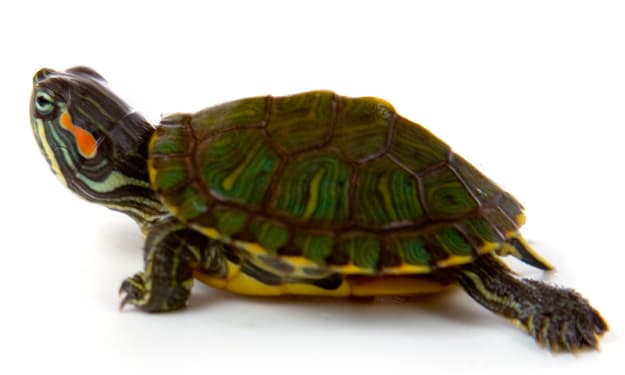Can Humans and Other Animals Contract Parvovirus from Dogs?
Can Humans Get Parvovirus from Dogs?

Parvovirus is a viral disease that primarily affects dogs, especially puppies and unvaccinated dogs. It can lead to severe illness and even death if left untreated. However, it is important to understand that parvovirus is specific to dogs and has different strains that affect other species. Let's delve deeper into the transmission and risks associated with this virus.
Understanding Parvovirus
Parvovirus, also known as canine parvovirus, belongs to the Parvoviridae family. It primarily affects the gastrointestinal tract, causing severe vomiting, diarrhea, and dehydration in infected dogs. Parvovirus is highly resistant and can survive in the environment for long periods, making it easily transmissible.
Transmission of Parvovirus
Parvovirus is primarily transmitted through direct contact with infected dogs or their feces. It can also spread indirectly through contaminated objects such as food bowls, bedding, or the clothing of individuals handling infected dogs. The virus can survive in the environment for months, making it crucial to maintain proper hygiene and disinfection practices.
Can Humans Get Parvovirus from Dogs?
No, humans cannot contract parvovirus from dogs. Parvovirus has different strains that are specific to certain species. The strain that affects dogs does not pose a risk to human health. However, it is still important to practice good hygiene when handling infected dogs to prevent the spread of other potential zoonotic diseases.
Can Other Animals Get Parvovirus from Dogs?
Certain animals can contract parvovirus from dogs. For example, the parvovirus strain that affects dogs can also infect other members of the canine family, such as wolves, foxes, and coyotes. However, the susceptibility to the virus varies among different species. It is essential to consult with a veterinarian to understand the risks associated with parvovirus in specific animal species.
Symptoms of Parvovirus Infection in Dogs
Dogs infected with parvovirus may display various symptoms, including severe vomiting, bloody diarrhea, loss of appetite, lethargy, and dehydration. Puppies and younger dogs are particularly vulnerable and may experience more severe symptoms. If you suspect your dog has been infected with parvovirus, it is crucial to seek veterinary care immediately.
Preventive Measures
Prevention is key to controlling the spread of parvovirus. Vaccination is the most effective way to protect dogs from this disease. Puppies should receive a series of vaccinations starting at a young age, followed by regular booster shots. Additionally, practicing good hygiene, such as regular handwashing, disinfecting contaminated areas, and avoiding contact with infected dogs, can significantly reduce the risk of transmission.
Treatment Options for Parvovirus
Unfortunately, there is no specific cure for parvovirus. Treatment primarily focuses on supportive care to manage the symptoms and prevent complications. Veterinary care often includes intravenous fluids to combat dehydration, medications to control vomiting and diarrhea, and antibiotics to prevent secondary infections. Early detection and prompt treatment increase the chances of a successful recovery.
Conclusion
In conclusion, parvovirus is a highly contagious viral disease that primarily affects dogs. While humans cannot contract parvovirus from dogs, certain animals, such as members of the canine family, can be susceptible to the virus. It is essential to take preventive measures, such as vaccination and proper hygiene, to protect dogs from parvovirus and other potential diseases.
FAQs
1. Can I get parvovirus from my infected dog?
No, parvovirus is not transmissible to humans.
2. Can cats get parvovirus from dogs?
No, cats are not susceptible to the strain of parvovirus that affects dogs. However, they can get their own strain of parvovirus, which is different from the canine parvovirus.
3. Is parvovirus preventable in dogs?
Yes, parvovirus is preventable through vaccination. Make sure to follow your veterinarian's recommended vaccination schedule for your dog.
4. How long can parvovirus survive in the environment?
Parvovirus can survive in the environment for months, making proper disinfection and hygiene practices crucial in preventing its spread.
5. Can an infected dog recover from parvovirus?
With prompt veterinary care and supportive treatment, infected dogs have a chance of recovery. However, the prognosis depends on the severity of the infection and the overall health of the dog.
Clich here to get The ULTIMATE Guide to DOG Health
About the Creator
Mastering Dog Training & Care
"Mastering Dog Training & Care" - Your go-to resource for all things dog-related! Discover effective training techniques and expert tips for optimal dog care.
https://sites.google.com/view/theultimateguidetodoghealth/trang-ch%E1%BB%A7






Comments
There are no comments for this story
Be the first to respond and start the conversation.